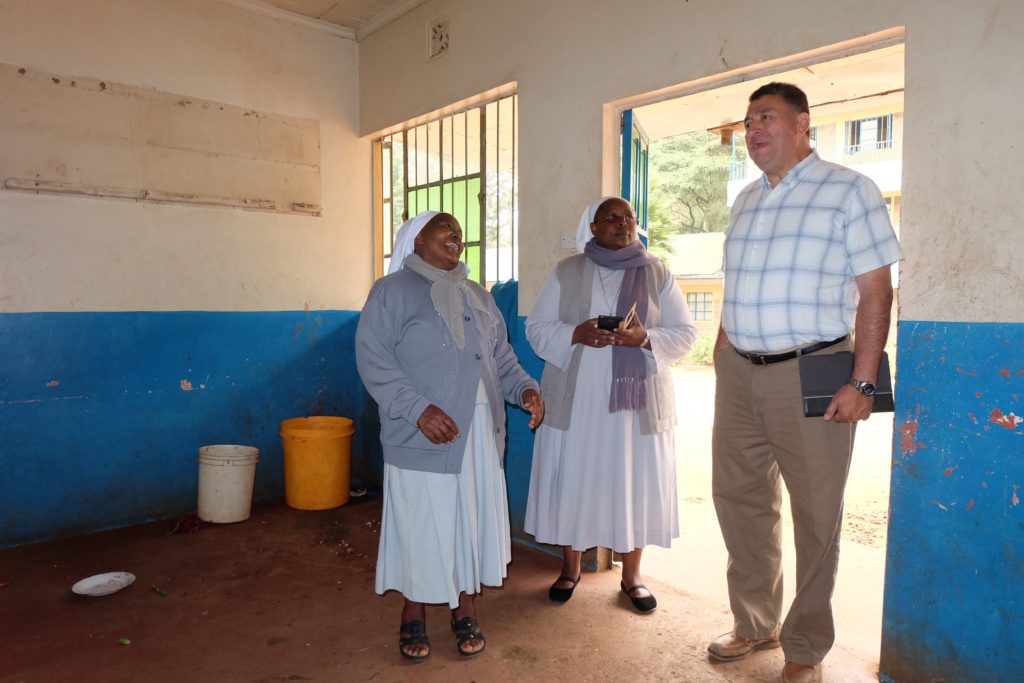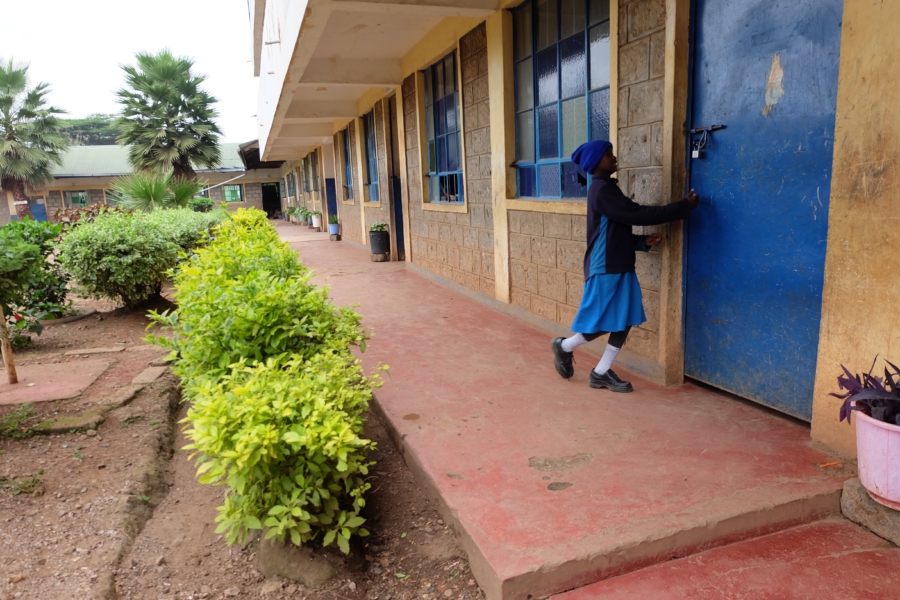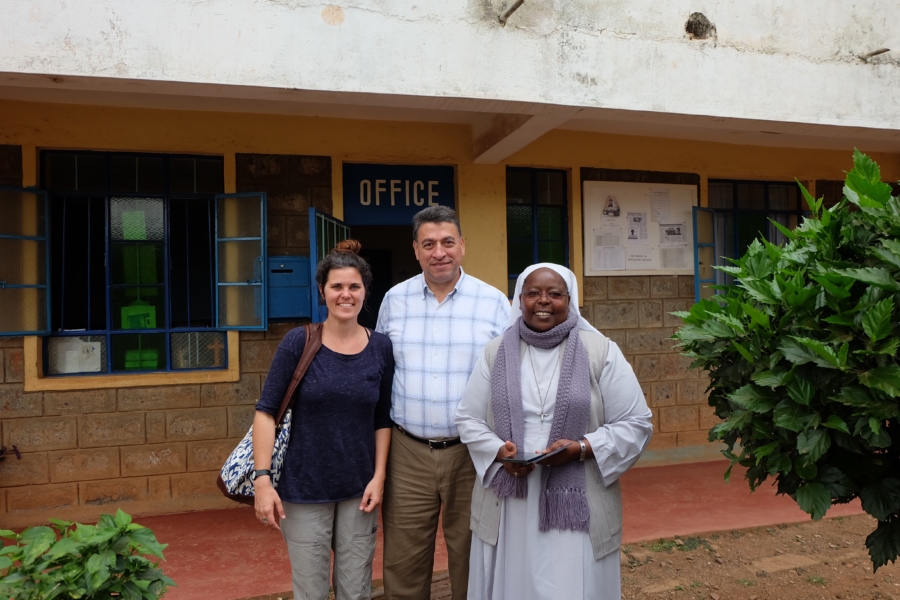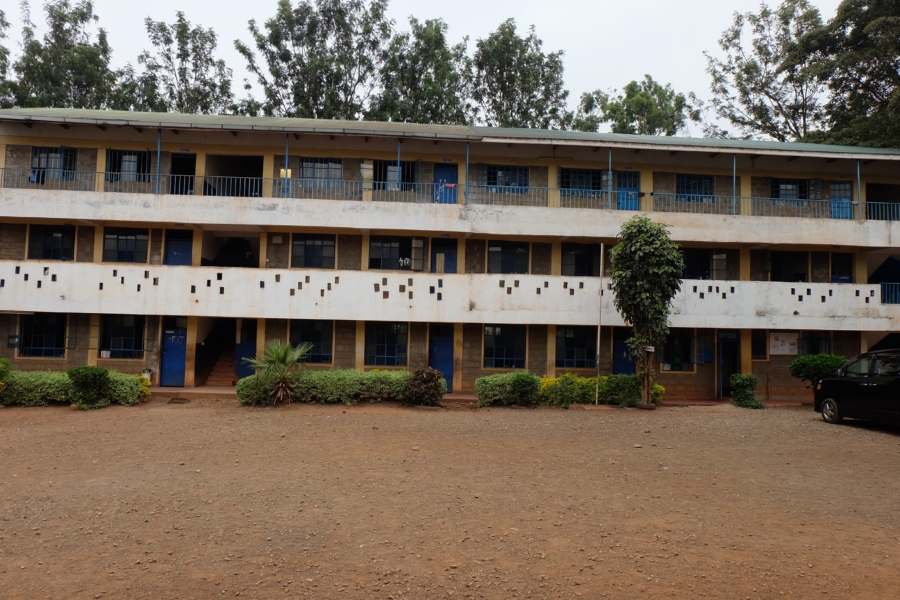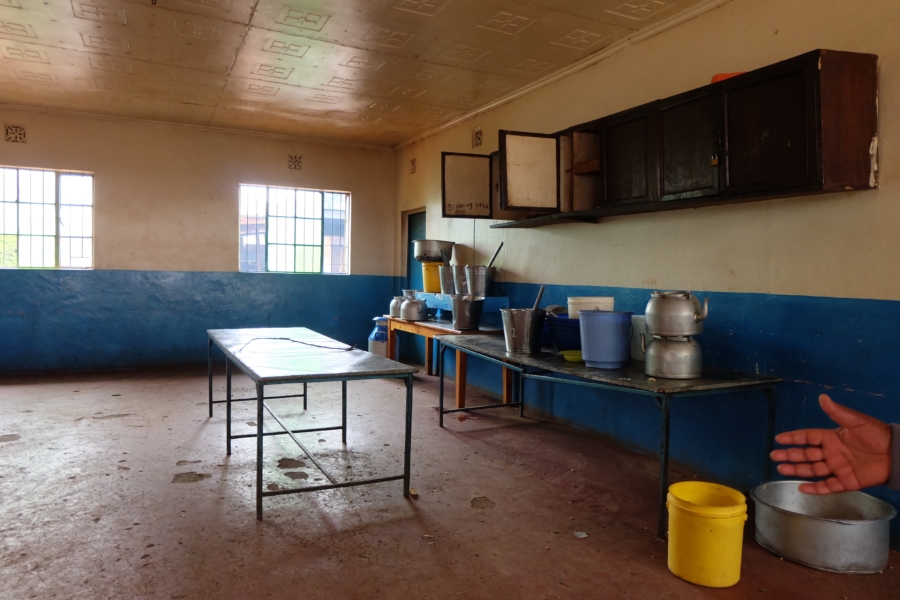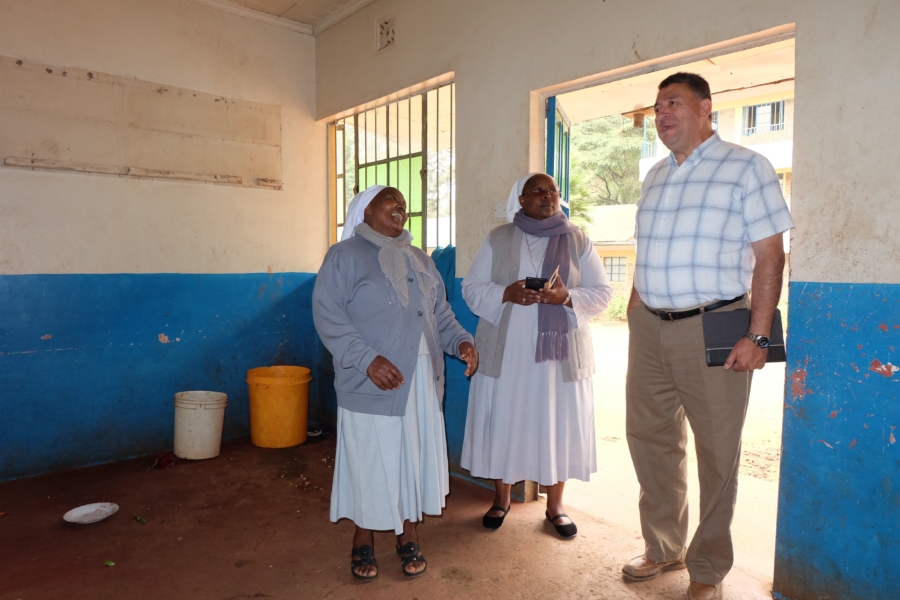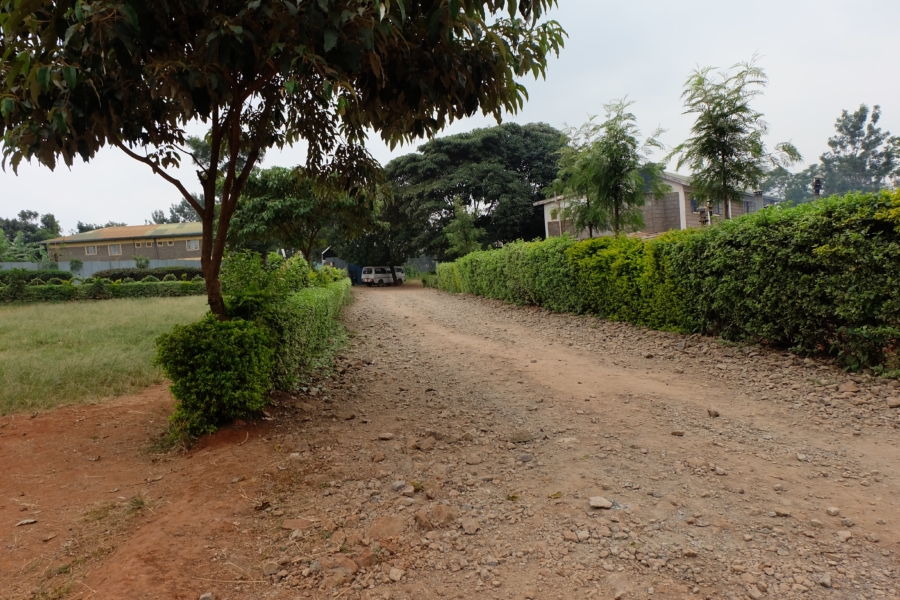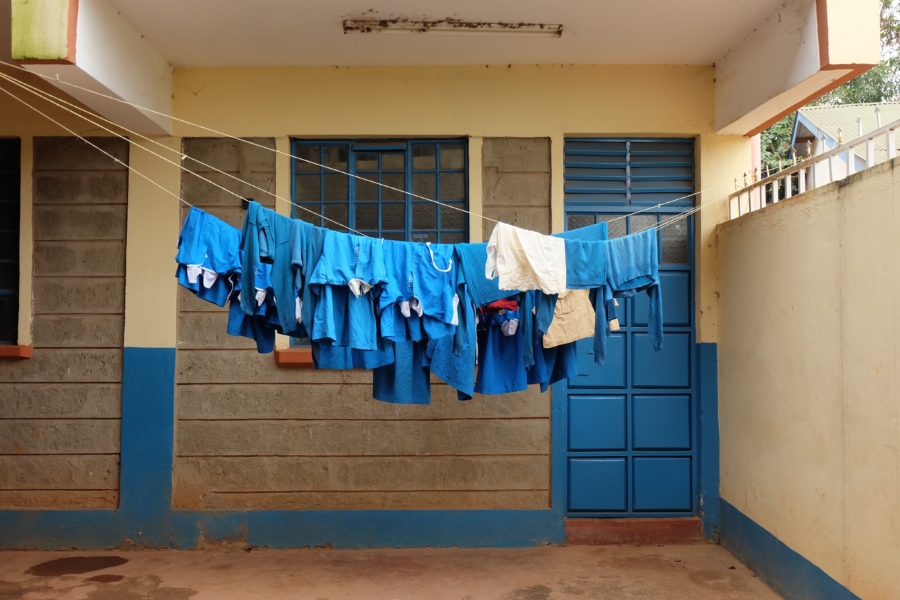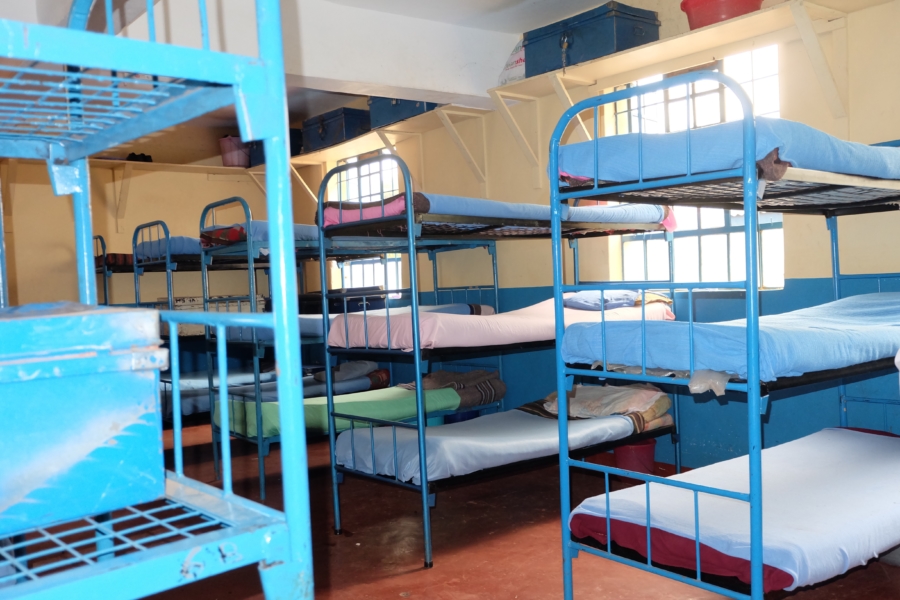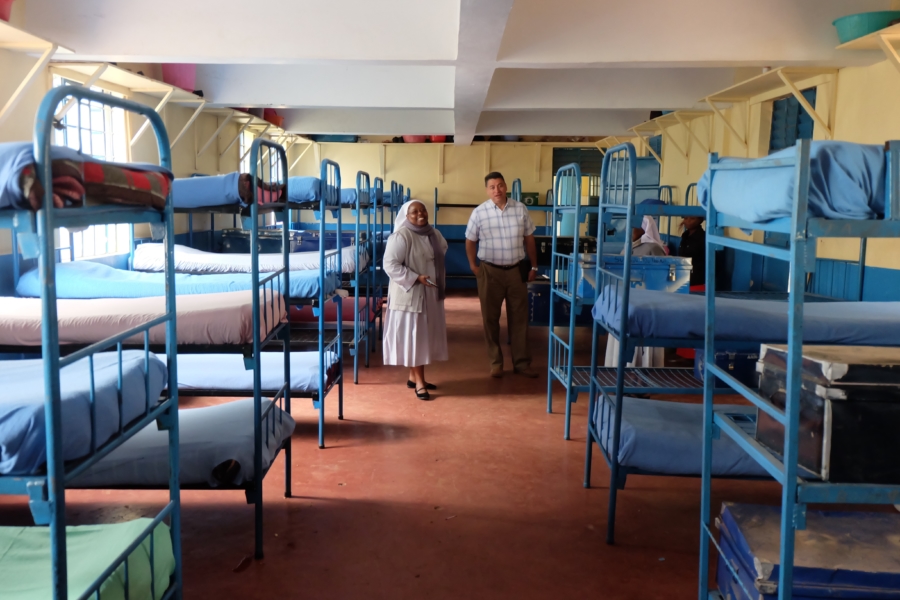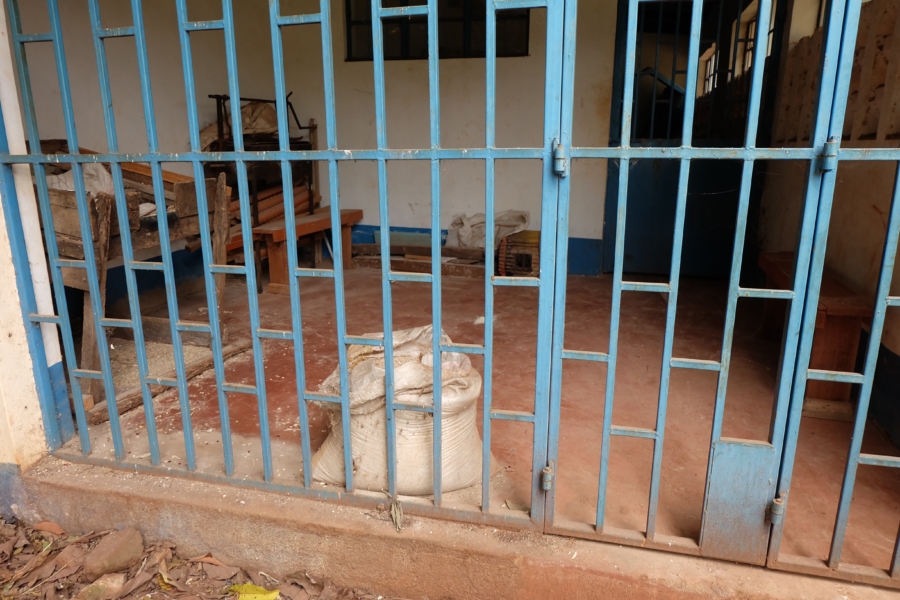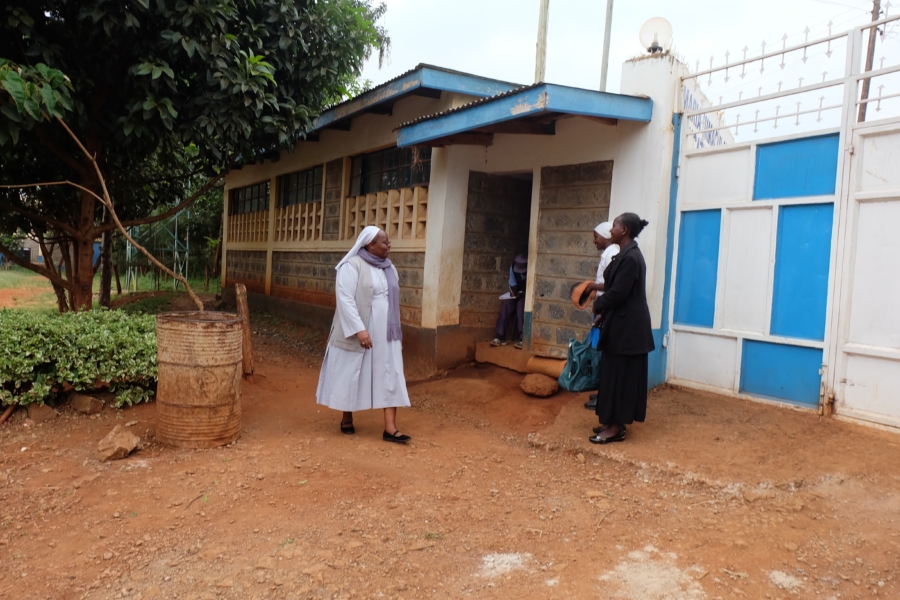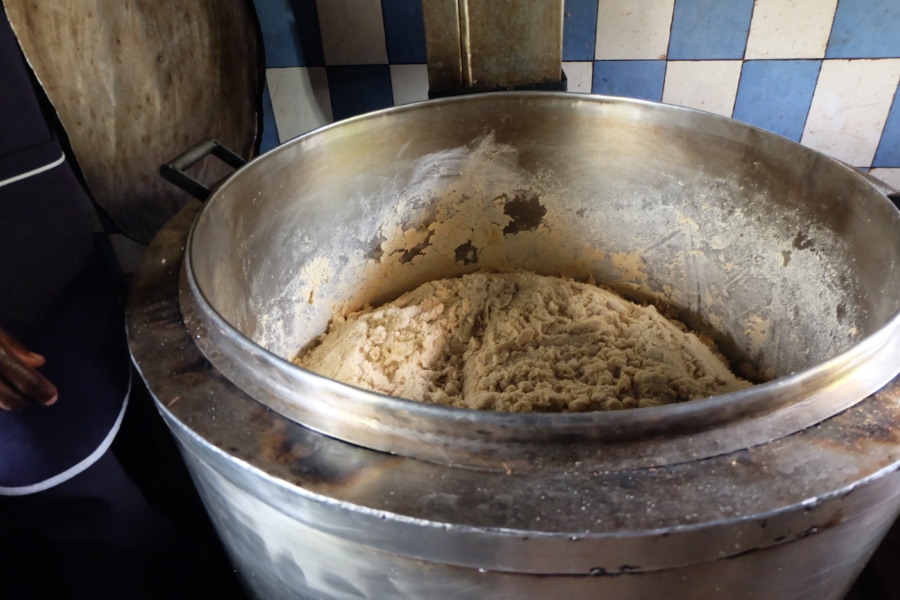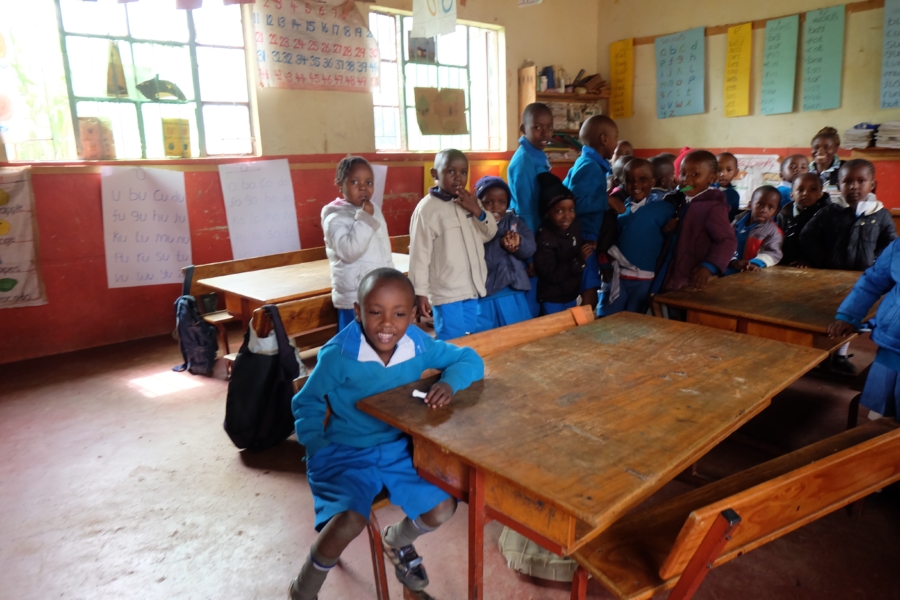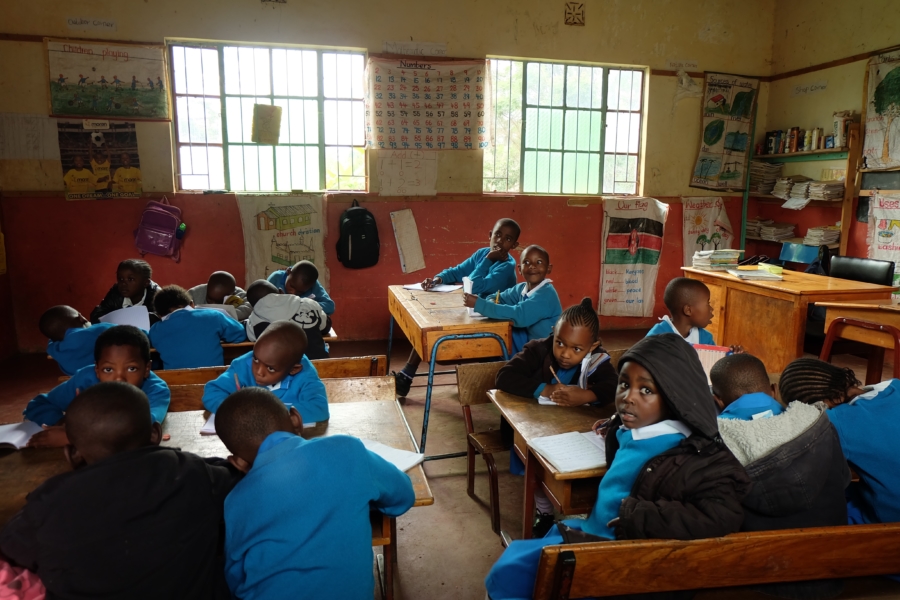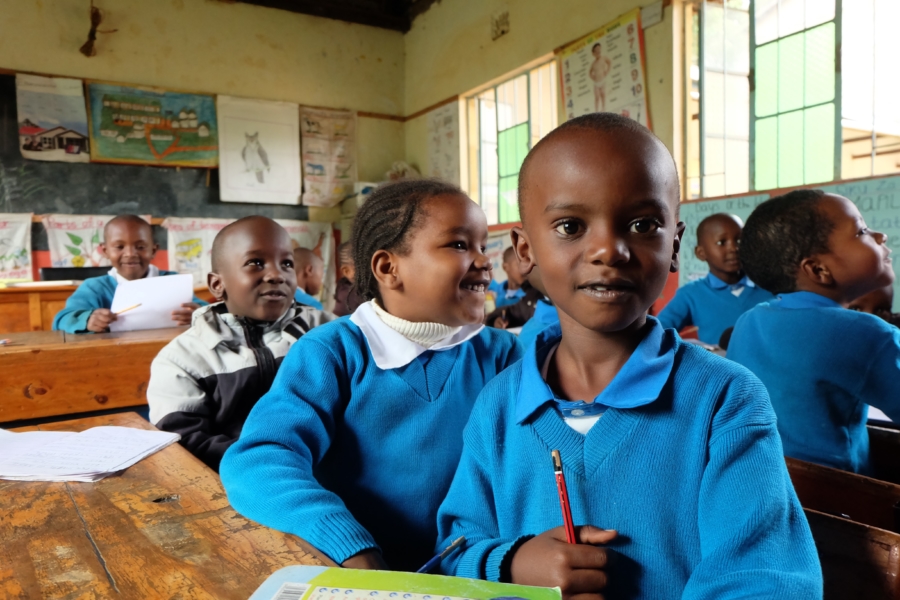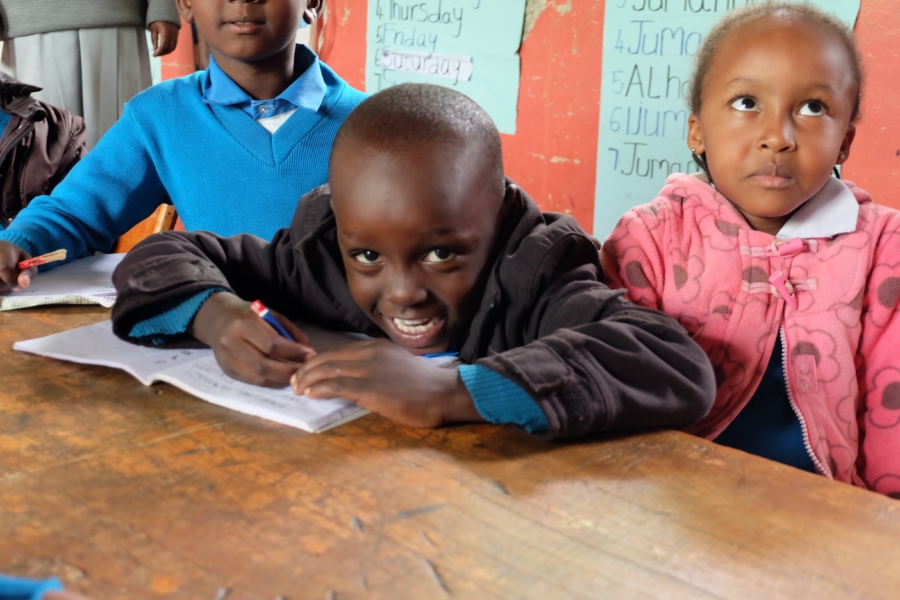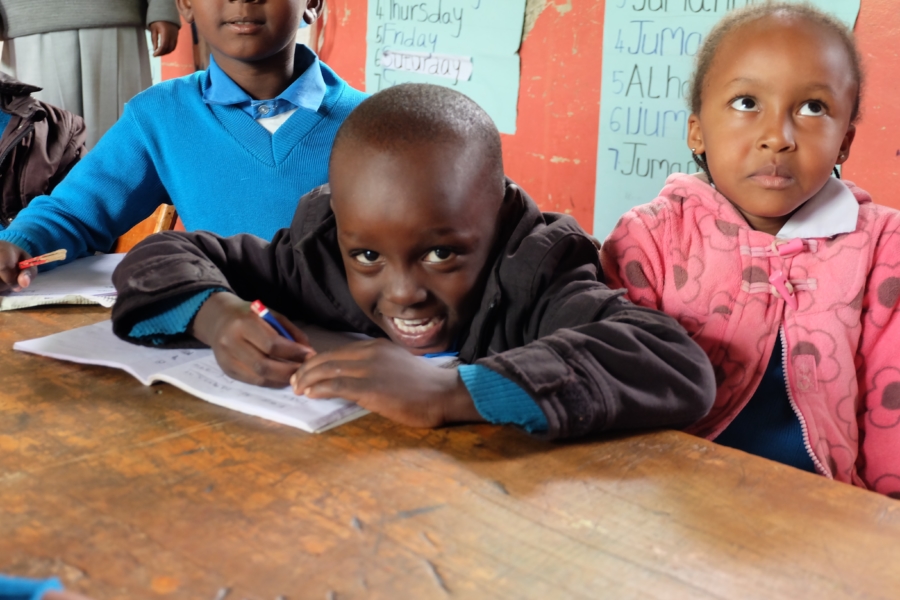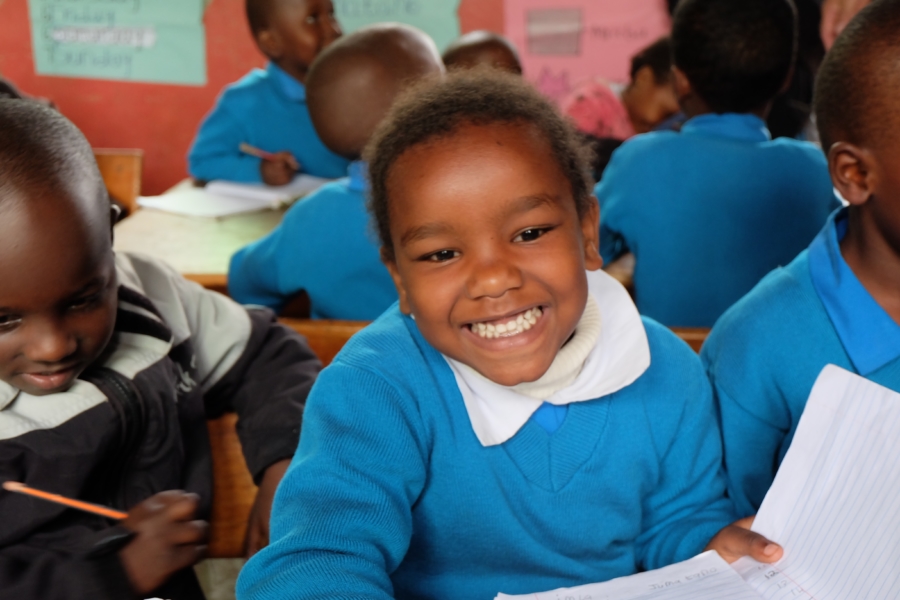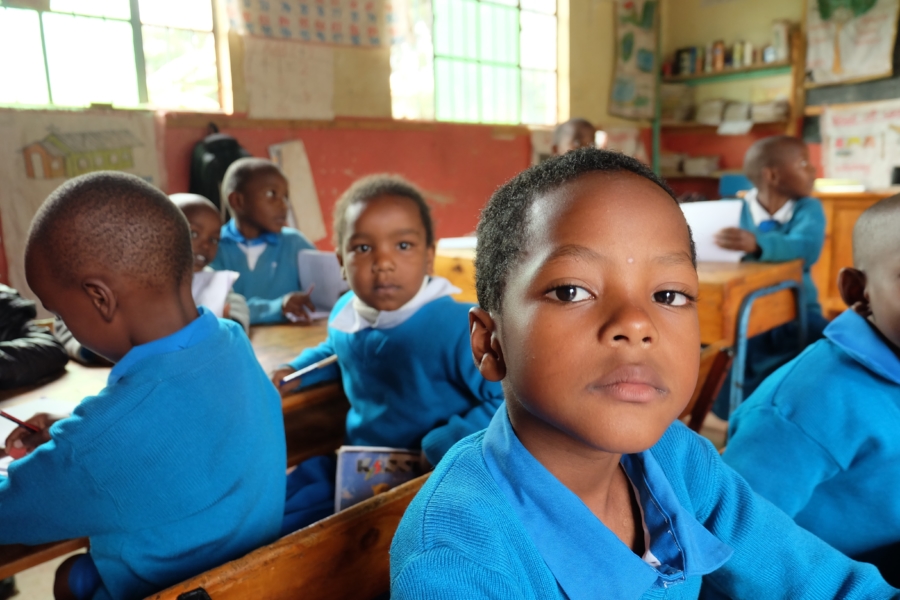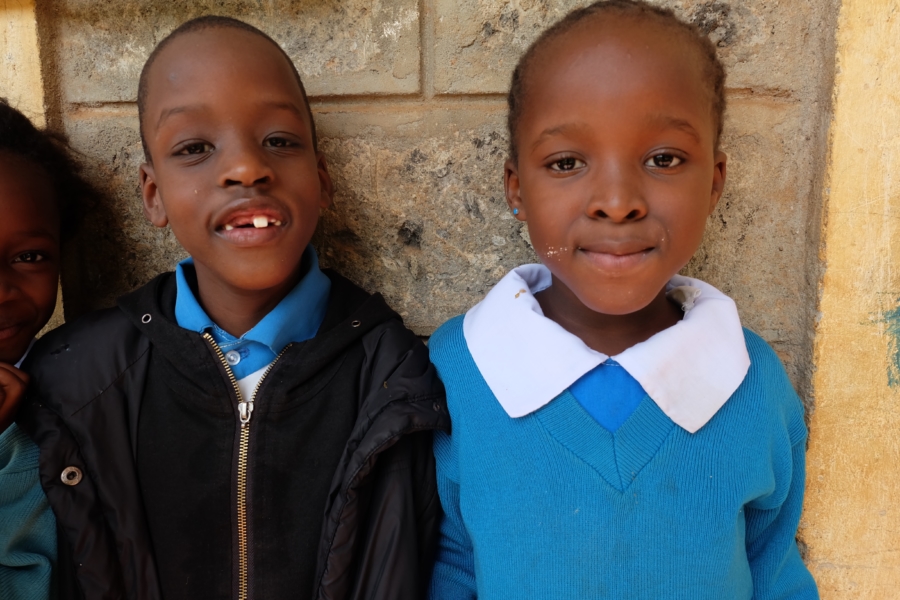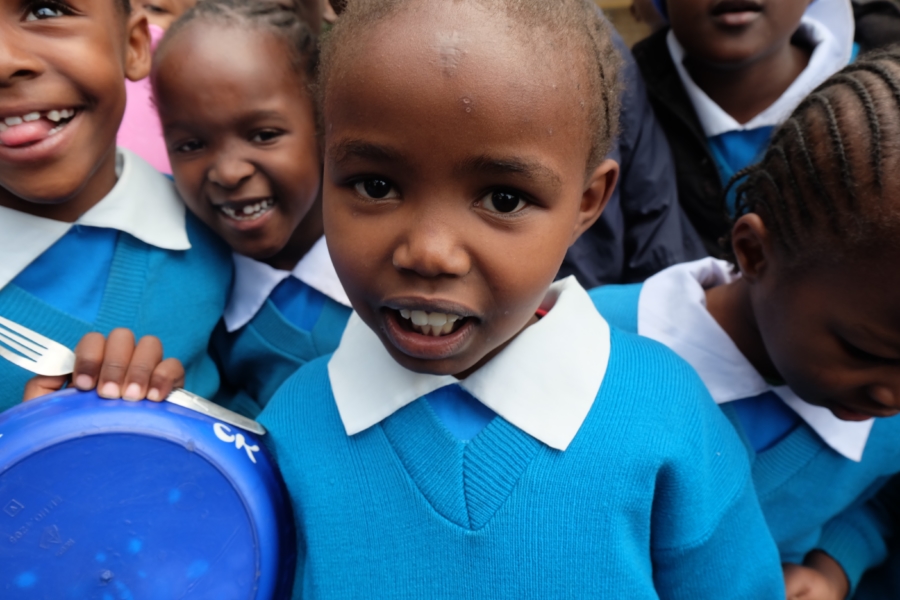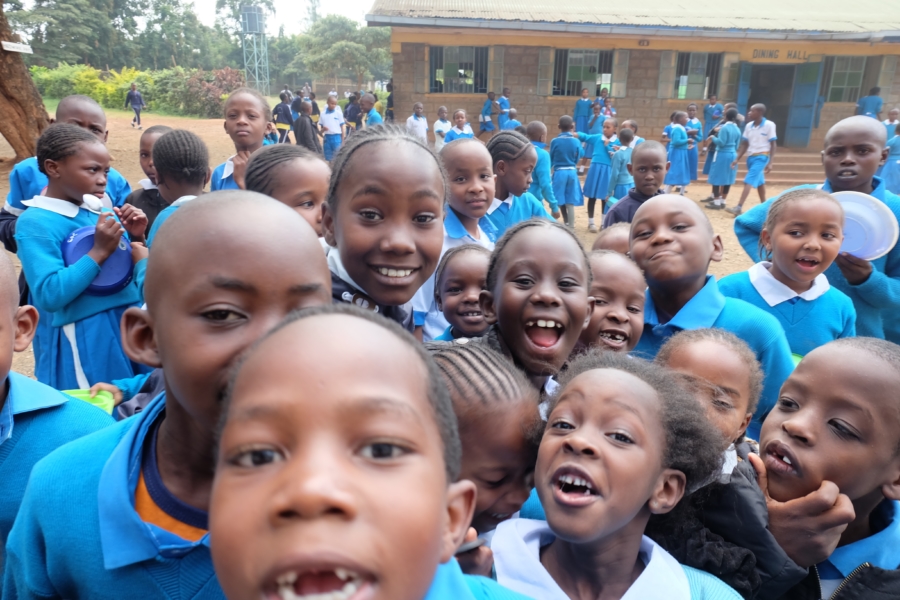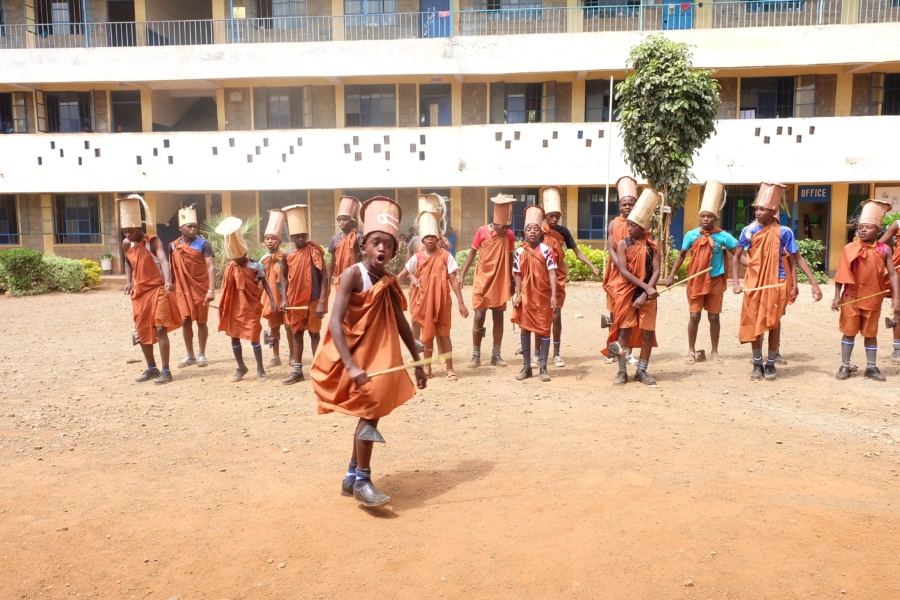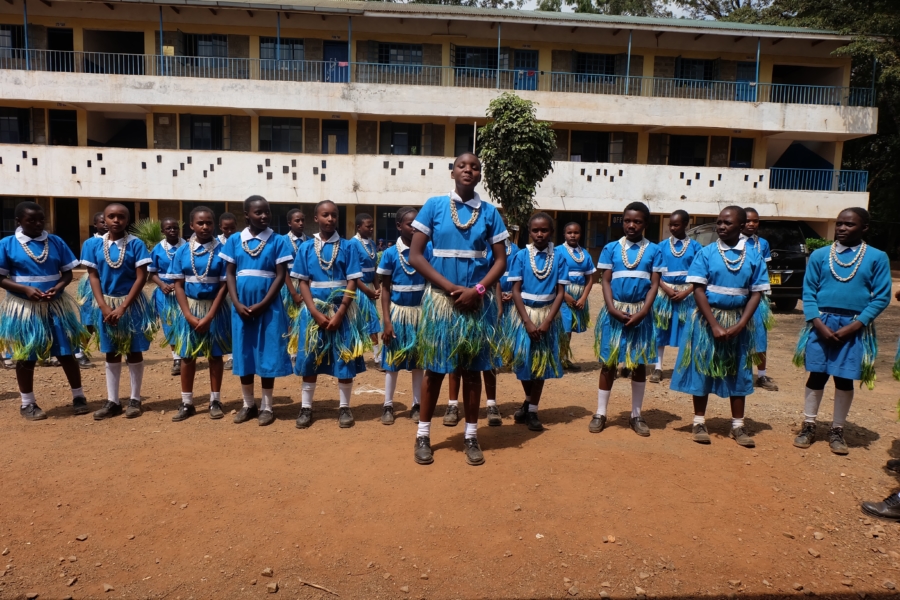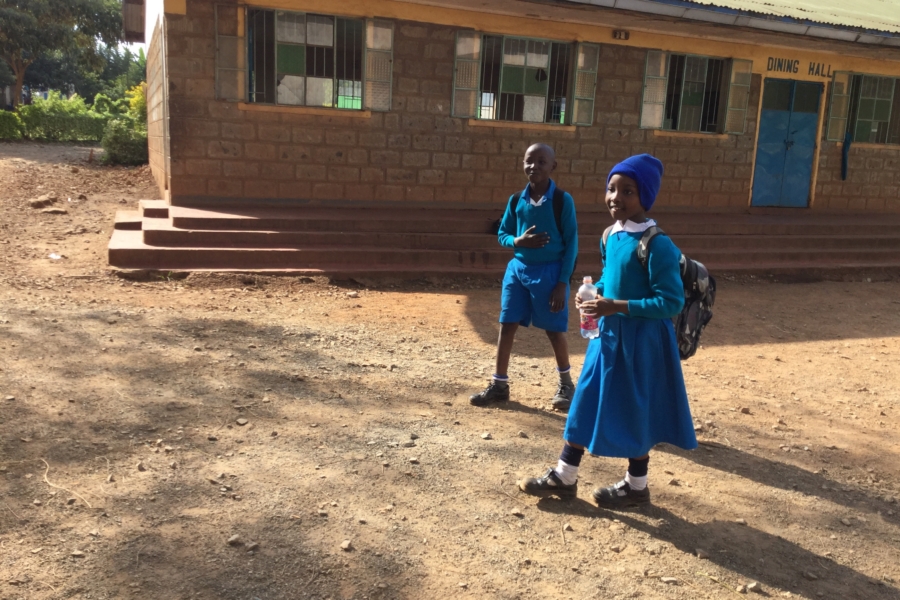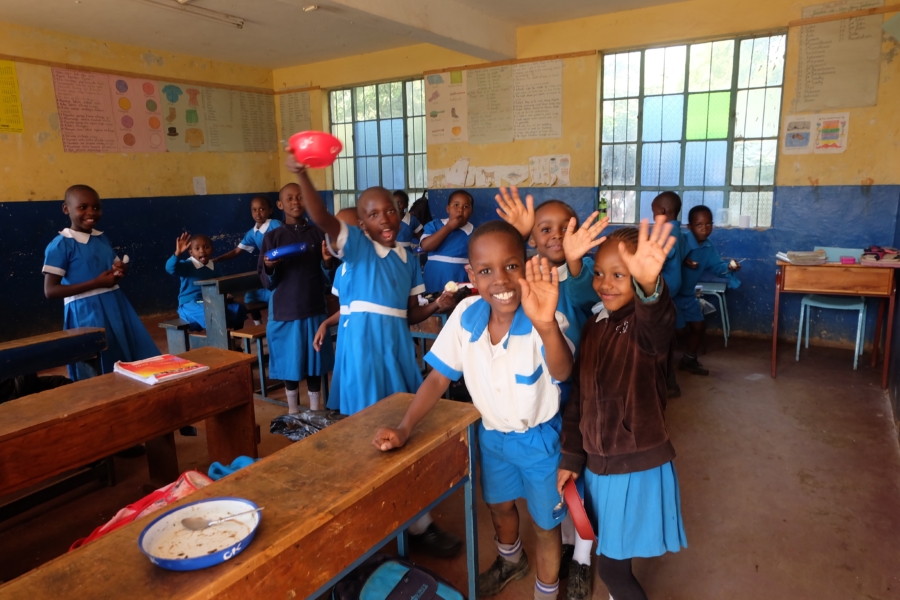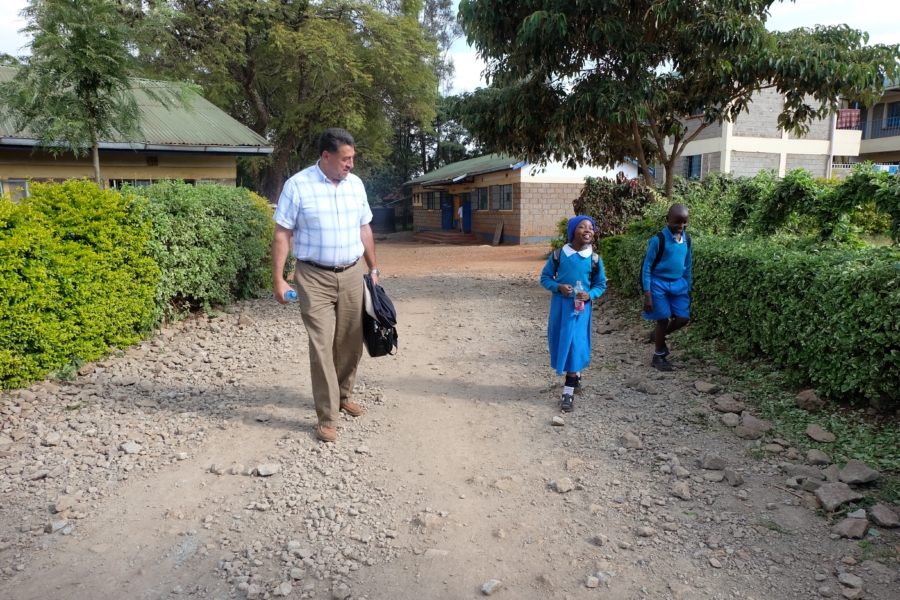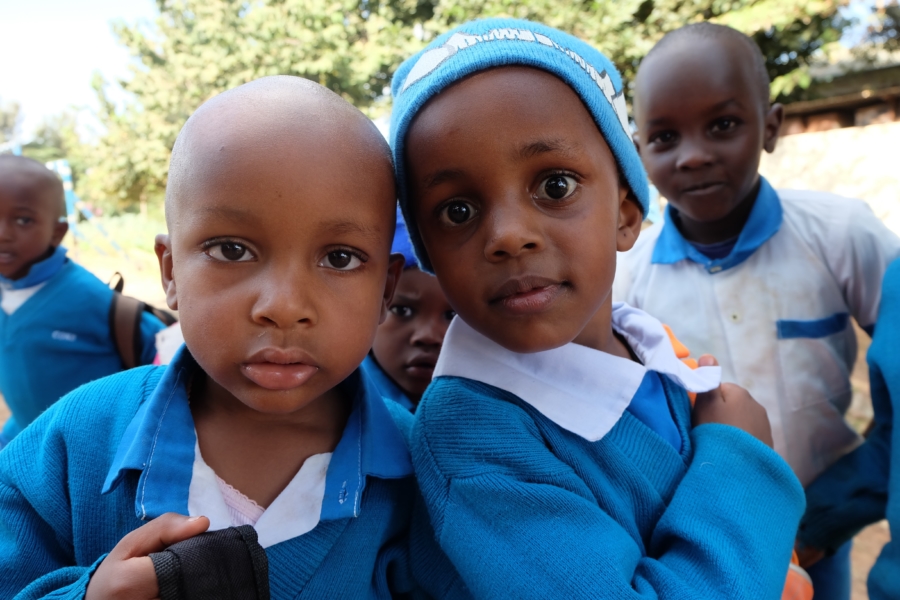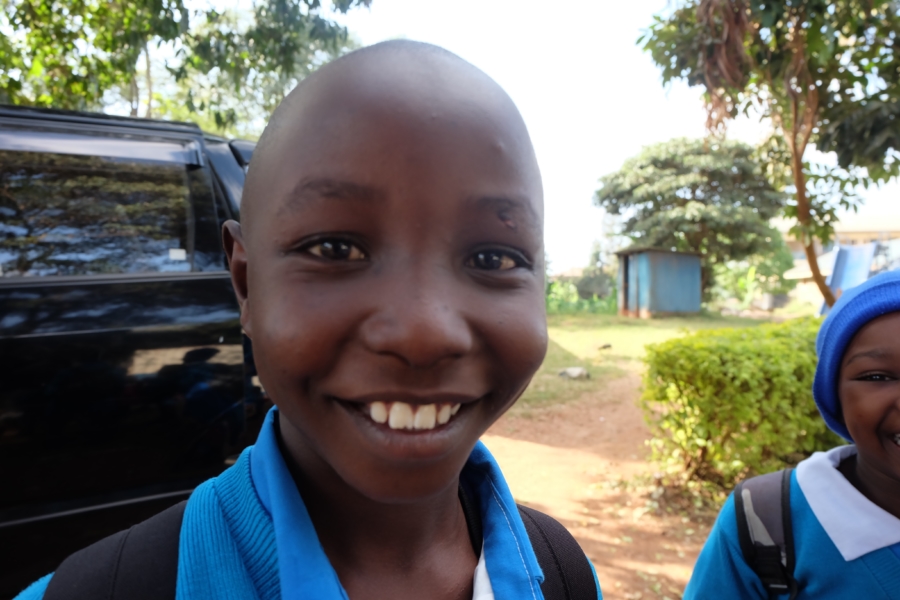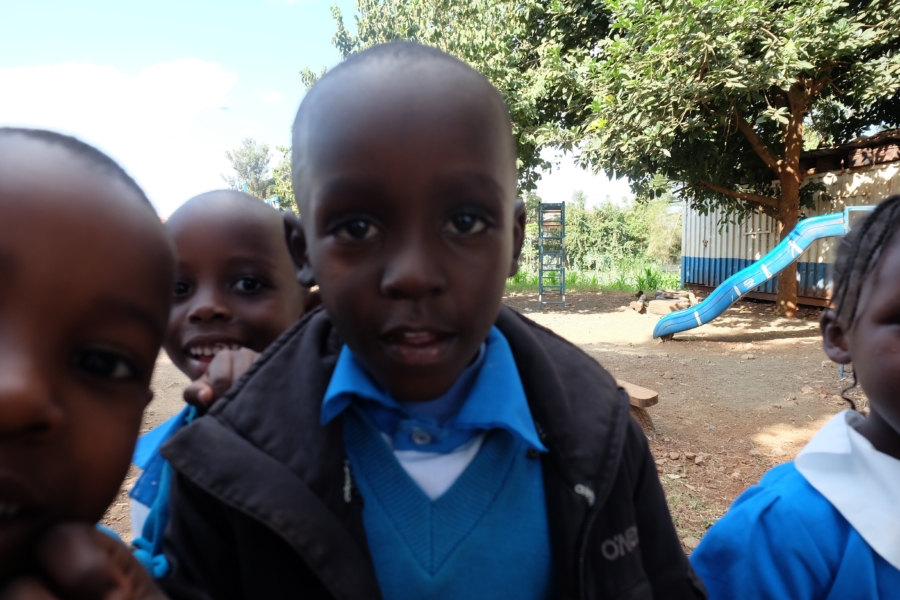Just when everything feels hopeless, one person can change your entire perspective.
For me, it was Sister Martha in Kenya.
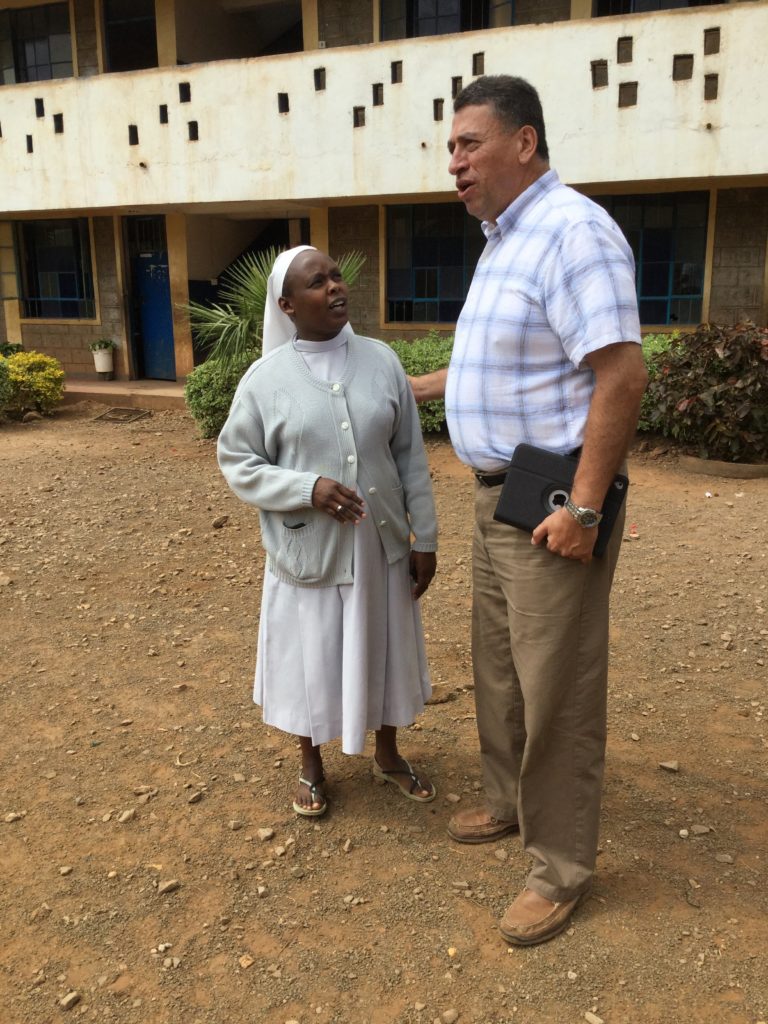
Luis with Sister Jane
Sister Martha and Sister Jane are Children Incorporated volunteer coordinators who run Maria Immaculata School in Nairobi, Kenya. The school hosts almost 400 students from toddlers to teenagers and more than 300 of them board there because they are orphans. Children Incorporated sponsors about 100 of these students, providing school supplies, food, medicine and uniforms.
I met Sister Jane and Sister Martha on Wednesday morning when they picked us up to tour the school. Sister Jane is in her 30s and has been at the school for about two years. Sister Martha is about 20 years older and has been there since 2004, a few years after the Catholic Church bought the land and opened the school.
All of the volunteer coordinators who work with Children Incorporated are in sync with the needs of their children but Martha and Jane have taken it to a whole new level. For every project they mentioned, they had documentation, details and a plan.
One of those plans involved a biofuel stove.
Burning manure for fuel
At Maria Immaculata, the food for 400 children, plus the staff and volunteers, is cooked over an open wood-burning stove. More than 400 people, three meals a day — that’s a lot of wood, a lot of smoke and a lot of work.
Looking at the smoke-filled kitchen, the physical labor it takes to cut that much wood and the huge amount of space needed to store it all, Martha and Jane came up with an idea.
And then a detailed plan: By purchasing a biofuel system, the nuns and staff could turn manure from the school’s livestock into fuel.
And then a detailed plan.
By purchasing a biofuel system, the nuns and staff could turn manure from the school’s livestock into fuel.
It wasn’t just that they’d had a smart and creative idea — it was that they had figured out the finances, the logistics and how to make it work.
Professional grant writers in America could take lessons from these Kenyan nuns. With their biofuel system approved and funded, they turned to their next project — an outdoor cafeteria.
A seat at the table
Right now, the children go to the kitchen to get food, take it back to their classrooms to eat, and then return the dishes to the kitchen. There just isn’t anywhere else for them to take their meals.
Sister Martha and Sister Jane have been working to get funds for a covered eating space outside the kitchen — essentially a picnic shelter for meals. Just as with the biofuel system, they’ve approached it with creativity and incredible detail.
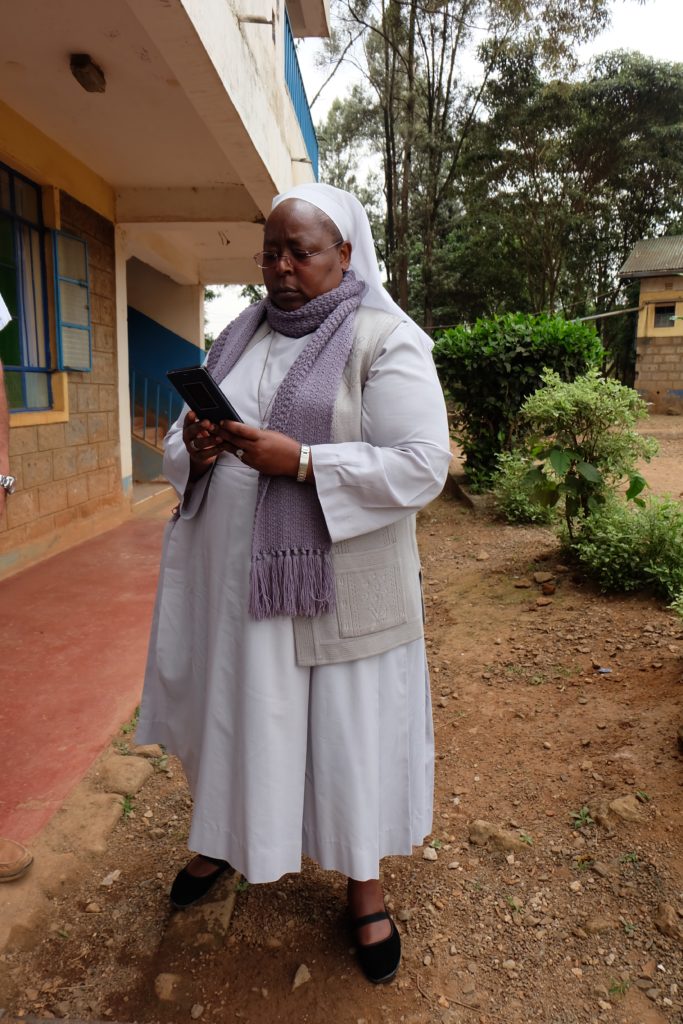
Sister Martha outside of the school’s office
But it turns out that Sister Jane is going to finish that project on her own.
She was leaving nothing to chance for her students as she handed over the reins of the school.
We spent the entire day on Wednesday with the two nuns, touring the school and doing home visits in the city. At the end of the day, we had a long meeting to discuss the school’s needs and plans.
It was only then that Sister Martha dropped the news — she was leaving the school.
She was being transferred to a new job running another school in a different city and Jane would be taking over her job at Maria Immaculata.
Immediately.
Moving on up
We didn’t realize how immediately until the ride home. After the meeting, both sisters rode with us back to our hotel and only then did we realize that their next stop was the bus station, where Sister Martha was departing for her new home and her new job.
She had delayed her departure by days or weeks to meet with us, show us around, give us the entire tour and make sure we felt comfortable with the situation and with Sister Jane before she left.
That dedication — and the way she and Sister Jane demonstrated their seamless transition – buoyed my hope for the children of Nairobi. If Sister Martha and Sister Jane are lifting these 400 students out, then maybe in schools all over the city, other equally-committed and creative volunteers are doing the same.
***
HOW DO I SPONSOR A CHILD IN KENYA?
You can sponsor a child in Kenya in one of three ways – call our office and speak with one of our sponsorship specialists at 1-800-538-5381, email us at sponsorship@children-inc.org, or go online to our donation portal, create an account, and search for a child in Kenya that is available for sponsorship.

